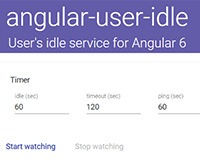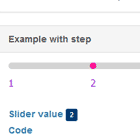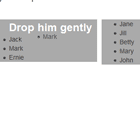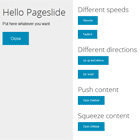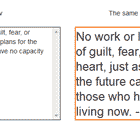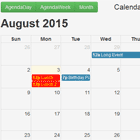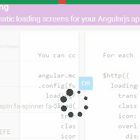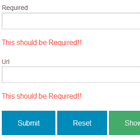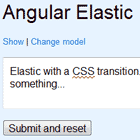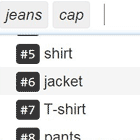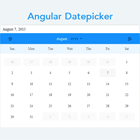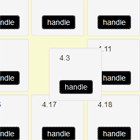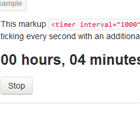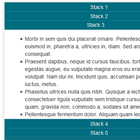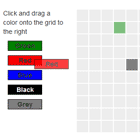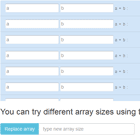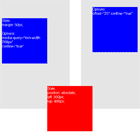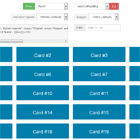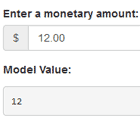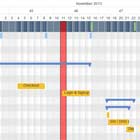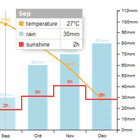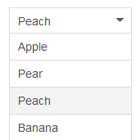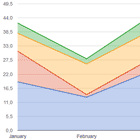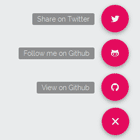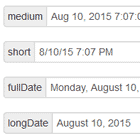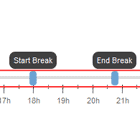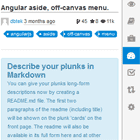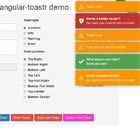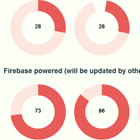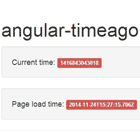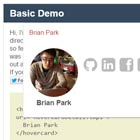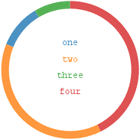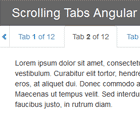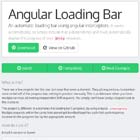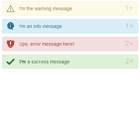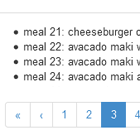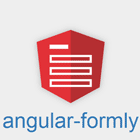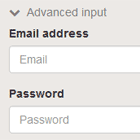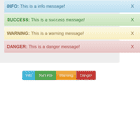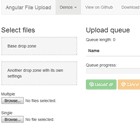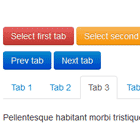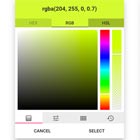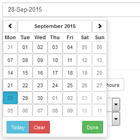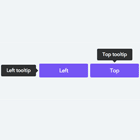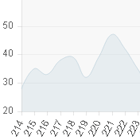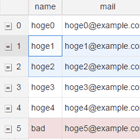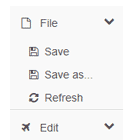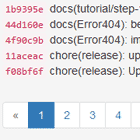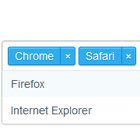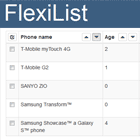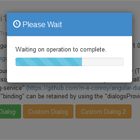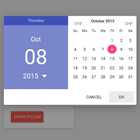angular-user-idle
Service for Angular 6+ to detect and control of user's idle.
Important
This library was written for needs of my corporate project and this library compiles and works (Angular 6) very well and as I expected. Unfortunately, I don't have necessary time to maintenance my library as fast as you can expected. I have a plan to review my code to try to fix a bugs that was reported by other users but I don't know when I do it. Thank for your understanding.
To use this library in Angular 5.x use angular-user-idle ver. 1.1.0.
Demo
Installation
npm install angular-user-idle
In app.module.ts:
import { NgModule } from '@angular/core'; import { BrowserModule } from '@angular/platform-browser'; import { UserIdleModule } from 'angular-user-idle'; import { AppComponent } from './app.component'; @NgModule({ imports: [ BrowserModule, // Optionally you can set time for `idle`, `timeout` and `ping` in seconds. // Default values: `idle` is 600 (10 minutes), `timeout` is 300 (5 minutes) // and `ping` is 120 (2 minutes). UserIdleModule.forRoot({idle: 600, timeout: 300, ping: 120}) ], declarations: [AppComponent], bootstrap: [AppComponent] }) export class AppModule {}Usage
You should init user idle service in one of core component or service of your app, for example login.component.ts:
import { Component, OnInit } from '@angular/core'; import { UserIdleService } from 'angular-user-idle'; @Component({ templateUrl: './login.component.jade' }) export class LoginComponent implements OnInit { readonly googlePlayLink: string; readonly appStoreLink: string; constructor(private userIdle: UserIdleService) { } ngOnInit() { //Start watching for user inactivity. this.userIdle.startWatching(); // Start watching when user idle is starting. this.userIdle.onTimerStart().subscribe(count => console.log(count)); // Start watch when time is up. this.userIdle.onTimeout().subscribe(() => console.log('Time is up!')); } stop() { this.userIdle.stopTimer(); } stopWatching() { this.userIdle.stopWatching(); } startWatching() { this.userIdle.startWatching(); } restart() { this.userIdle.resetTimer(); } }About ping
Please note that ping is used if you want to perform some action periodically every n-minutes in lifecycle of timer (from start timer to timeout).
For example, if you want to make a request to refresh token every 2 minutes you set ping to 120 and subscribe to ping's observable like this:
this.idle.ping$.subscribe(() => console.log("PING"));The main schema will be as follow:
|–– 2m (ping)––4m (ping) ––6m (ping)...-– 10m (user idle detected, start timer for 5 min) –- 12m (ping) –– 14m (ping) –– 15m (time is out)|
If you don't use a ping just set ping to any value (not null) and just ignore it.
API
startWatching(): void;
Start user idle service and configure it.
onTimerStart(): Observable<number>
Fired when timer is starting and return observable (stream) of timer's count.
onTimeout(): Observable<boolean>;
Fired when time is out and id user did not stop the timer.
stopTimer()
Stop timer.
resetTimer()
Reset timer after onTimeout() has been fired.
stopWatching()
Stop user idle service.
setConfigValues({idle, timeout, ping})
Set config values after module was initialized.
setCustomActivityEvents(customEvents: Observable<any>): void
Set custom activity events after module was initialized.
Service logic:
- User is inactive for 10 minutes
onTimerStart()is fire and return countdown for 5 minutes- If user did not stop timer by
stopTimer()then time is up andonTimeout()is fire.
